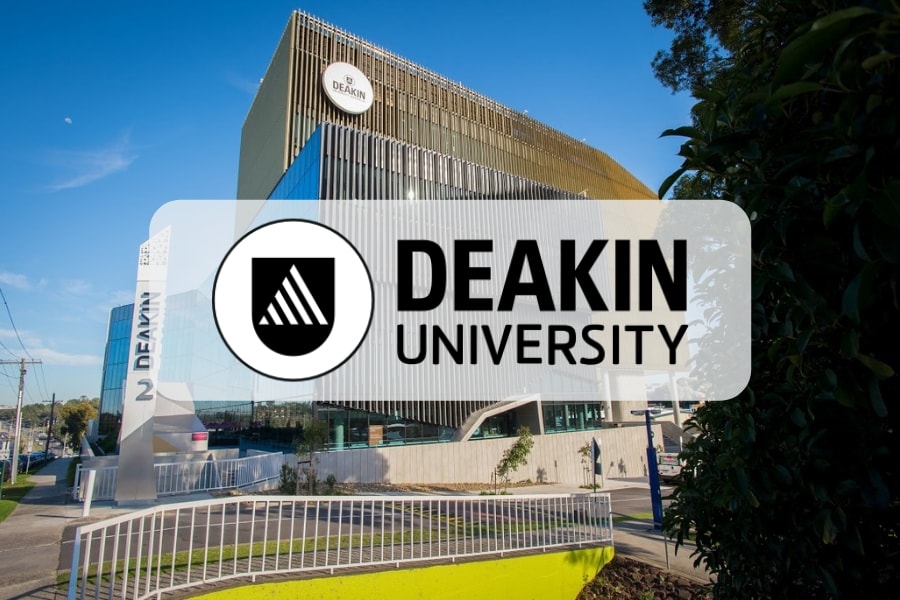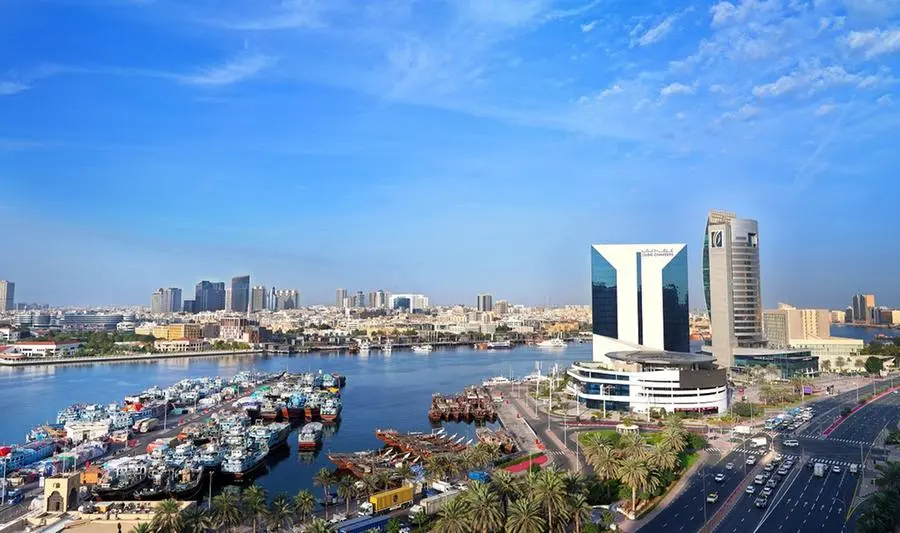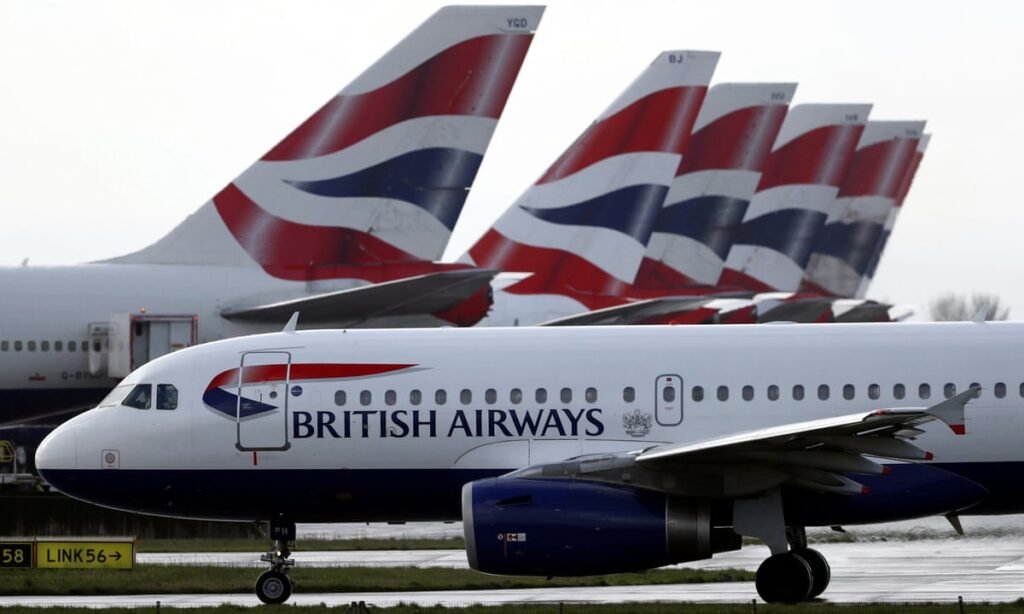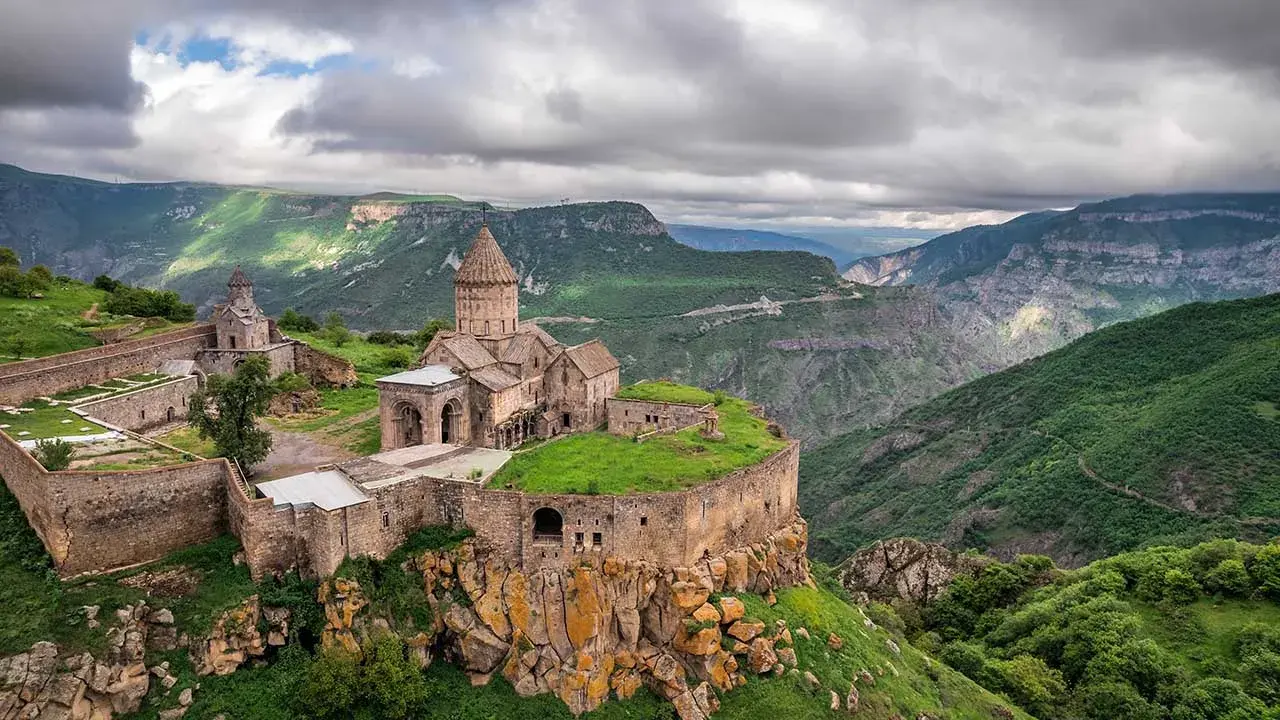Australian Prime Minister Anthony Albanese said the campus agreement followed the recent finalising of the Australia-India Education Qualifications Recognition Mechanism, whereby university qualifications from Australia will be recognised in India and vice-versa
Australia’s Melbourne-based Deakin University will become the first foreign university to open a branch campus in India, according to an announcement made during a visit to India by Australian Prime Minister Anthony Albanese and a high-powered trade delegation, including three Australian vice-chancellors.
Deakin is expected to invest AU$4 million (US$2.7 million) in the India venture. Speaking at the event in Ahmedabad, Gujarat, on 8 March, Albanese hailed the development as an important milestone in Australia’s expanding educational cooperation with India. “It paves the way for commercial opportunities for Australian education providers to offer innovative and more accessible education to Indian students,” he said.
Albanese said the campus agreement followed the recent finalising of the Australia-India Education Qualifications Recognition Mechanism, whereby university qualifications from Australia will be recognised in India and vice-versa.
The new campus will be located in Ahmedabad’s GIFT (Gujarat International Finance Tech) City, a new high-tech city coming up on 886 acres of a former buffalo-grazing marshland on the outskirts of Ahmedabad. This pet project of Indian Prime Minister Narendra Modi in his home state is designed to ultimately challenge the regional high-tech business hubs of Singapore and Dubai.
Injeti Srinivas, Chairperson of the International Financial Services Centres Authority (IFSCA), which grants approval for foreign campuses in GIFT City, said in a media statement that opening up foreign universities would not only cut costs for Indian students to get a world-class degree with greater international employment opportunities, but will also “lead to greater internationalisation of GIFT City by attracting students from all over the world”.
India’s approval for setting up the off-shore campus has been hailed as a “big win” for Deakin University, rewarding 30-plus years of networking and negotiating. But amid the diplomacy and high-level endorsements, there has been much scrutiny, of the deal and the conditions under which Deakin will operate, by other countries and universities hoping to set up in India.
According to Ravneet Pawha, Deakin’s Vice-President (Global Alliances) and CEO (South Asia), the international branch campus will be established in the special economic zone in GIFT City and will be spread across 25,000 square feet. “GIFT City has about 200 organisations already operating and we hope our degree offerings here will help these companies to get trained graduates,” Pawha told Australia’s ABC Radio at the weekend.
Deakin will start recruiting faculty from mid-2023 onwards. Martin said around 80% of the faculty will be hired from India with the remaining faculty members coming from Australia
Iain Martin, vice-chancellor of Deakin University in Australia, told University World News that classes at the Deakin International Branch Campus (IBC), as it will be called, are scheduled to commence in July 2024 or earlier. The new academic year begins in India in July.
“The campus will be opened as early as possible and no later than mid-2024, coinciding with Deakin’s 50th anniversary and the 30th year [of ties with] India,” he said.
Deakin will start recruiting faculty from mid-2023 onwards. Martin said around 80% of the faculty will be hired from India with the remaining faculty members coming from Australia.
However, the Deakin model “emphasises frequent cross-learning opportunities”, where Indian faculty will visit Australia once every 12-18 months, and Australian colleagues will learn from the Indian context at GIFT City, according to Martin.
Martin said it was important to note that this was not a small cohort of Indian staff, adding that Indian teaching faculty at Deakin’s GIFT City campus will be required to complete a graduate certificate in higher education teaching and learning methods within the first three years of their employment.
The branch campus will operate initially from leased premises with a first intake of about 50 students.
It is not clear right now if India’s strict caste quotas will apply to Deakin’s India campus, as the university’s officials refused to comment on that aspect – a sensitive issue in India. Local universities are concerned that foreign universities will be able to evade strict quotas that they adhere to.
The university’s officials chose not to comment when asked if they would repatriate profits back to Australia. However, in statements to other Indian media, Martin said: “Hopefully, there’ll be a modest return so that we can continue to invest, but it’s not a money-making endeavour,” adding that “overseas operations … require a lot of investment – not just money but time, passion, effort”.
Tuition fee levels have not yet been announced. Pawha said Deakin would fix the fee level such that it will “not be just an elite institution for the very rich”. It is anticipated to be half of what Deakin charges on its Australian campuses, Pawha said.
Pawha also pointed to the Deakin India Research Initiative, a pioneering programme based in India that fosters collaboration between India and Australia by providing grants and scholarships to facilitate innovative, industry-led research and enable PhD students to continue their research while working.
The new campus will offer postgraduate programmes, with the first two masters degrees in cybersecurity and business analytics.
“Both courses are two years in duration, with the first year’s study made up of eight core units,” Martin told Indian media. “In the second year, students will focus on taking up a cadetship, working directly with industry partners on agreed projects,” he added.
Martin said the 200 companies presently operating at GIFT City would need people with cybersecurity and business analytics skills. “Deakin will support GIFT City’s aspiration to deliver a supply of job-ready graduates to its target business segments.”
The Vice-Chancellors of Wollongong and Melbourne universities were part of Albanese’s trade entourage. The two universities are also expected to open branch campuses in GIFT City in the near future, with Wollongong already signing a ‘Letter of Intent’ to set up.
According to Universities Australia, since 2005 more than 1.5 million Indians have obtained Australian university degrees. Right now, some 130,000 Indians are studying at Australian universities and Universities Australia sees this as a “golden era” for Australia-India education cooperation.
*************************************************************
Readers
These are extraordinary times. All of us have to rely on high-impact, trustworthy journalism. And this is especially true of the Indian Diaspora. Members of the Indian community overseas cannot be fed with inaccurate news.
Pravasi Samwad is a venture that has no shareholders. It is the result of an impassioned initiative of a handful of Indian journalists spread around the world. We have taken the small step forward with the pledge to provide news with accuracy, free from political and commercial influence. Our aim is to keep you, our readers, informed about developments at ‘home’ and across the world that affect you.
Please help us to keep our journalism independent and free.
In these difficult times, to run a news website requires finances. While every contribution, big or small, will makes a difference, we request our readers to put us in touch with advertisers worldwide. It will be a great help.
For more information: pravasisamwad00@gmail.com








